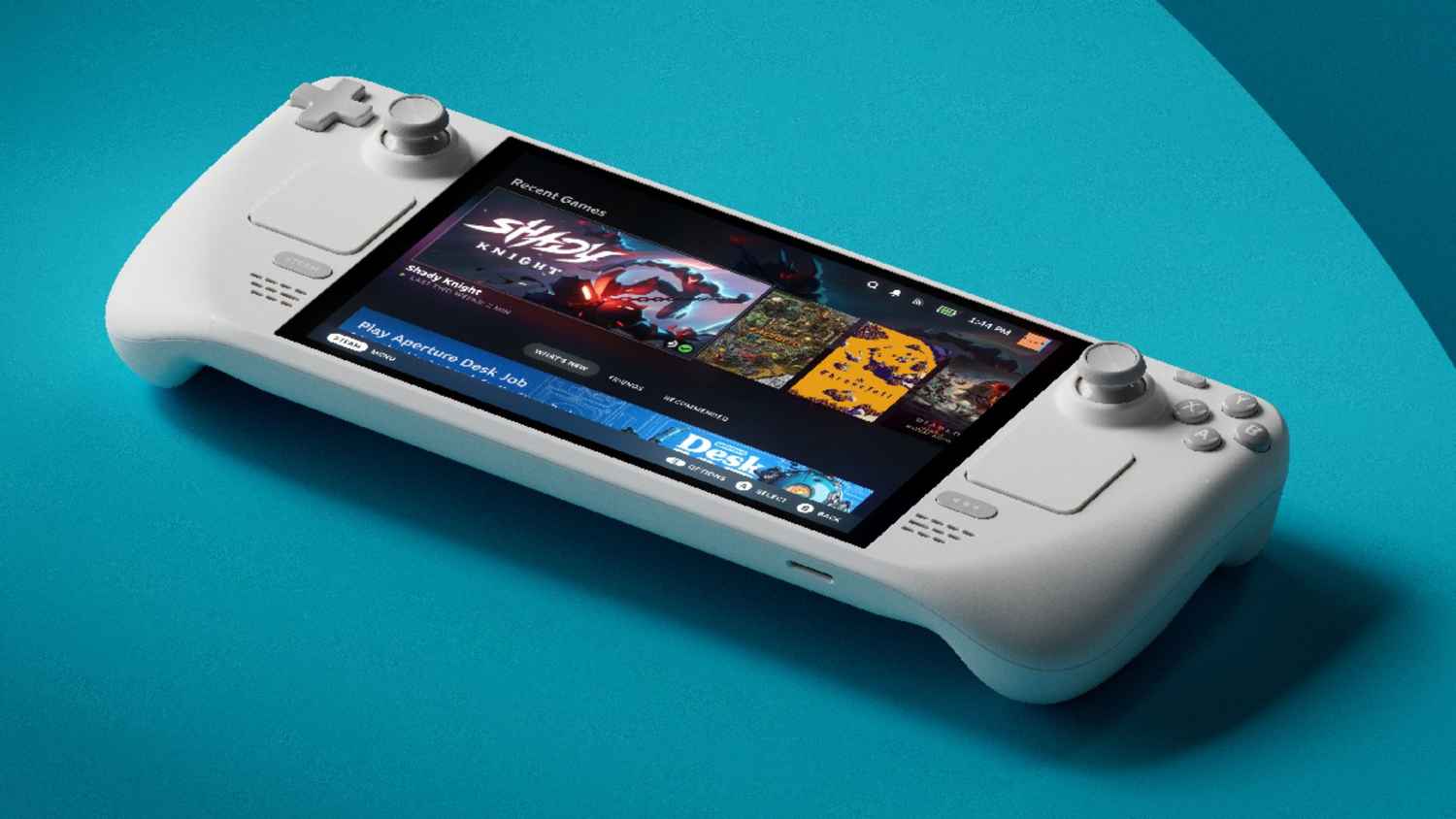
Microsoft needs to listen to HP to improve handheld gaming
- 25.03.2025 09:53
- digit.in
- Keywords: Handheld Gaming, Windows, Nintendo Switch, Valve Steam Deck, HP, Microsoft
Handheld gaming demands have highlighted Windows' limitations, with HP pointing out issues like interface design and controller support. Microsoft is working to enhance these areas, aiming to create a more seamless experience for portable devices. Addressing these challenges could position Windows as a stronger contender in the handheld gaming market.